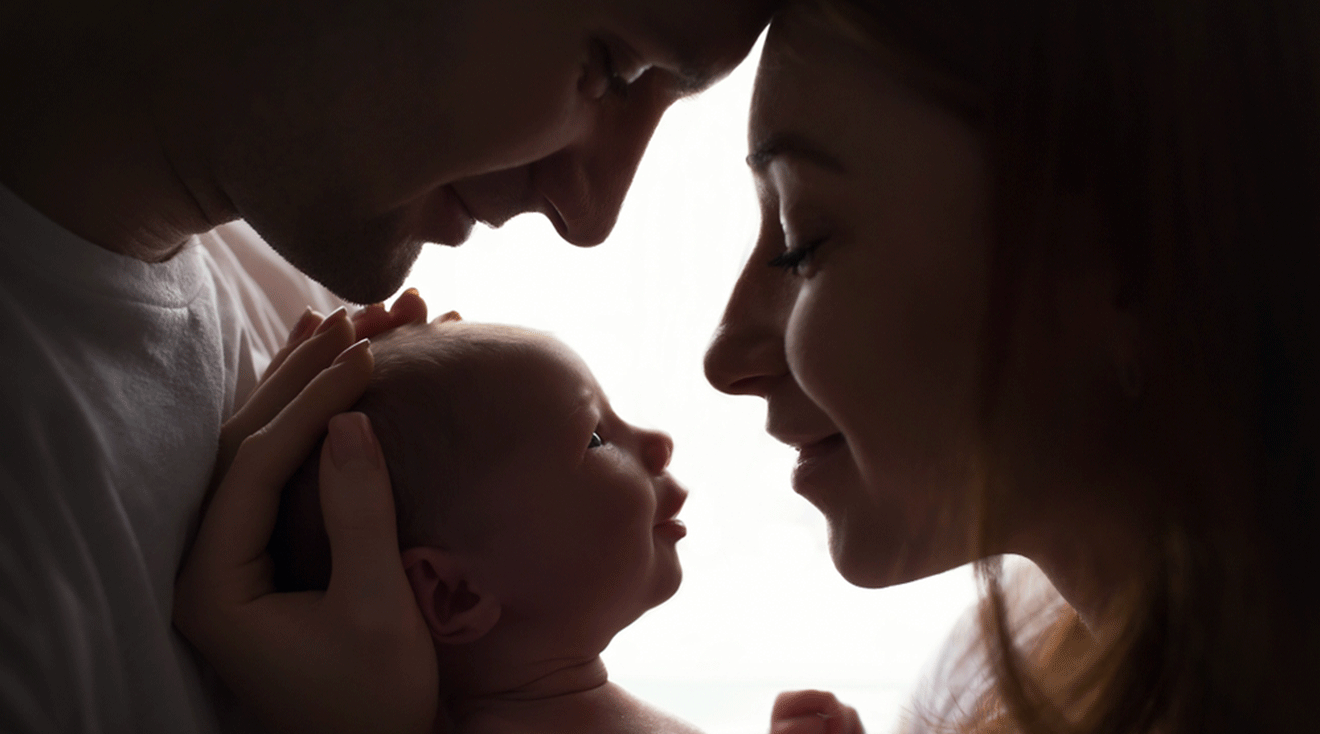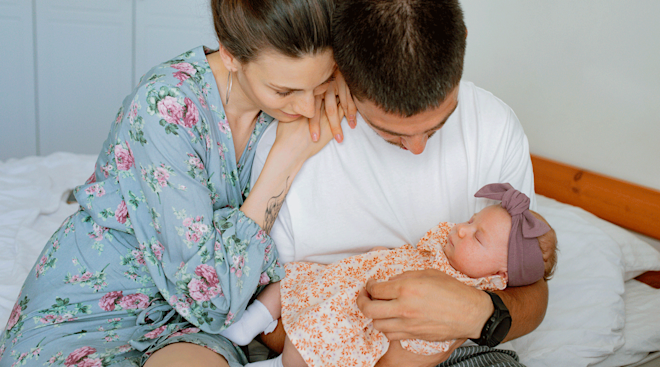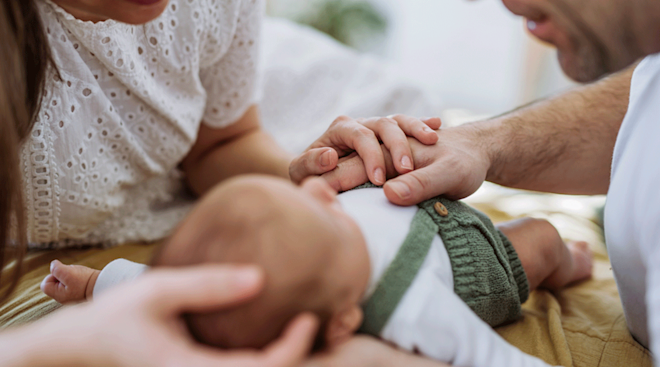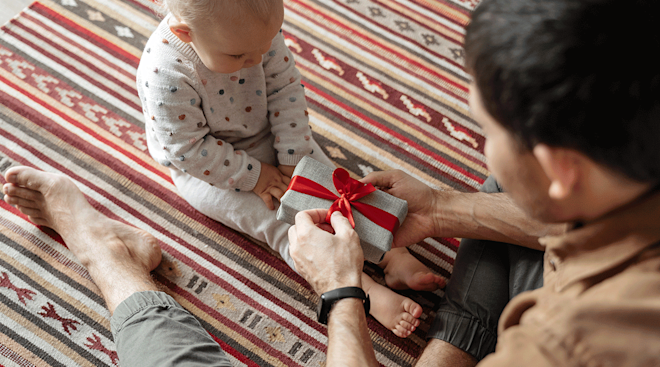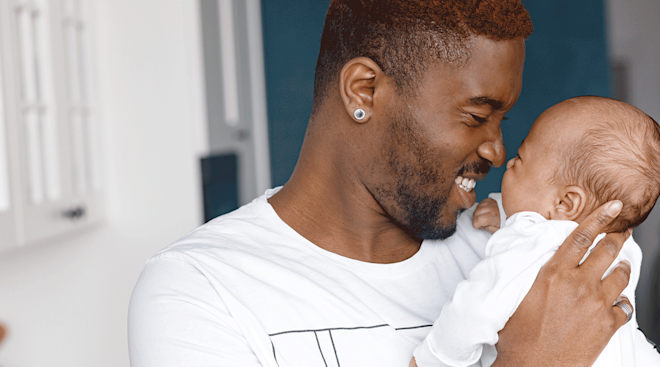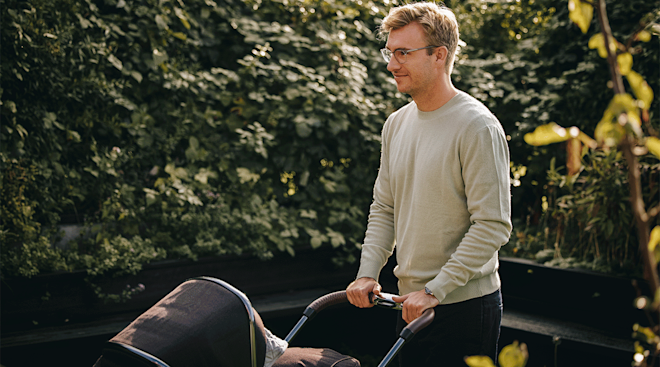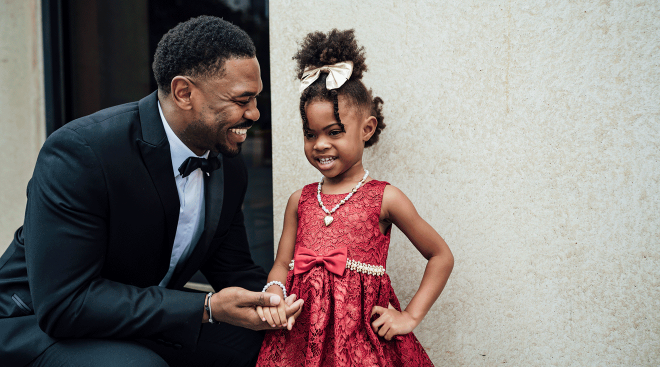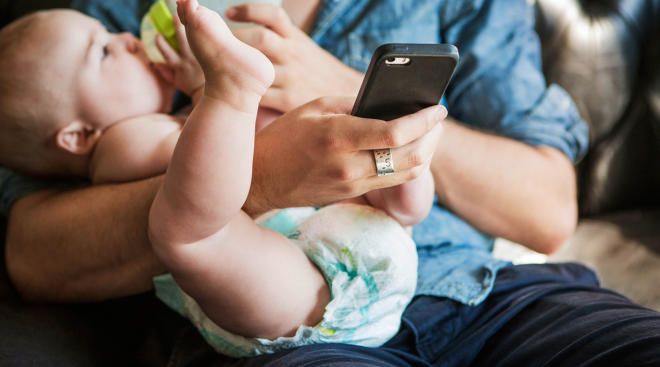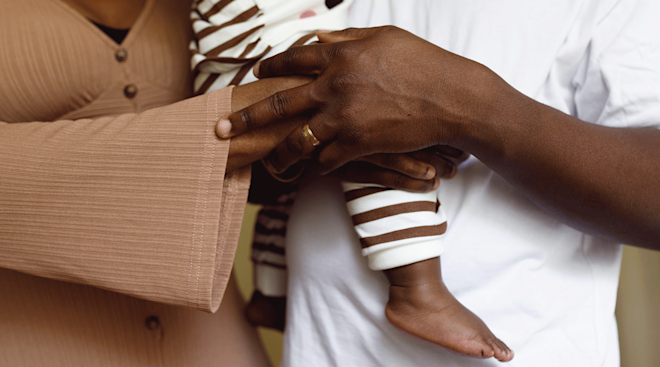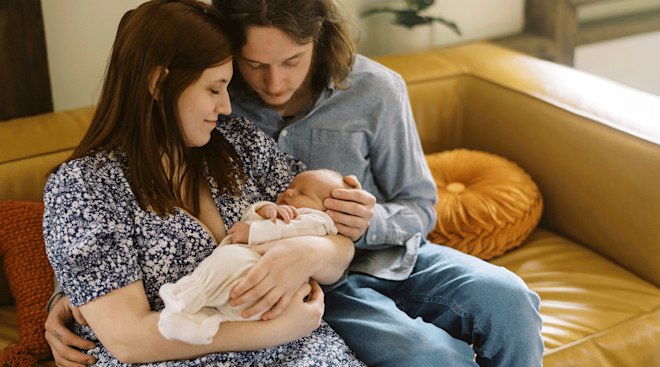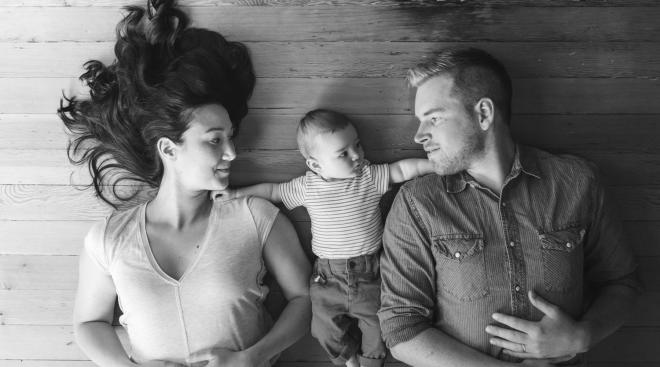Longer Paternity Leave Helps Balance Parenting Roles, Study Finds
Sometimes, the most obvious answers just need a little data to back them up. A new study from Ohio State University confirms what many parents already know deep down: when dads take longer paternity leaves, it doesn’t just mean more time for diaper duty or those sweet newborn snuggles—it actually helps parents work better together.
The research, published in the journal Sex Roles, followed 182 couples—mostly married, white, and dual-earner households—through pregnancy and the first nine months postpartum. Across the board, the study found that when dads took extended leave after their baby’s birth, moms were less likely to shut down or discourage their involvement—a dynamic researchers call “maternal gateclosing.”
“Maternal gateclosing” is a common behavior that can show up in subtle ways, like criticizing dad’s approach to child care or taking over tasks instead of letting him handle them. With more time off, fathers in the study were met with fewer of these behaviors, helping create a more collaborative parenting dynamic.
“When fathers take longer leaves, mothers might take that as a sign that fathers are more interested in being an active parent and be less likely to try to prevent them from participating in child care,” explained lead author and developmental psychology doctoral student Reed Donithen in a press release.
It’s the kind of shift that seems like common sense—more time together during those early days builds confidence for both parents—but the study offers a deeper look at how it plays out. Moms in the study not only pulled back on gateclosing behaviors, but they also eased up on unrealistically high standards for dads and felt less pressure to be the “perfect parent” in the eyes of others.
Interestingly, though, the study found that longer paternity leave didn’t necessarily make moms more likely to actively encourage dads to step in (what researchers call “gateopening” behaviors). Experts think that’s likely due to the persistent belief that moms are the “default parent.” On the plus side it’s possible that moms didn’t feel the need to encourage dads because, thanks to the extra time off, they were already diving in.
While more research on different family models, backgrounds, and situations is needed, the study’s authors hope these findings pave the way for more dads and employers to advocate for longer paternity leave and, ultimately, more equal futures.
“A lot of research on the transition to parenthood suggests that nearly all couples fall into this trap of having unequal roles – even highly educated, two-earner couples like those in our study,” study co-author Schoppe-Sullivan said. “This study suggests that a longer paternity leave may be a way out of the trap, that it may lead to a situation where fathers do have more of an equal role in parenting.”
Navigate forward to interact with the calendar and select a date. Press the question mark key to get the keyboard shortcuts for changing dates.

































